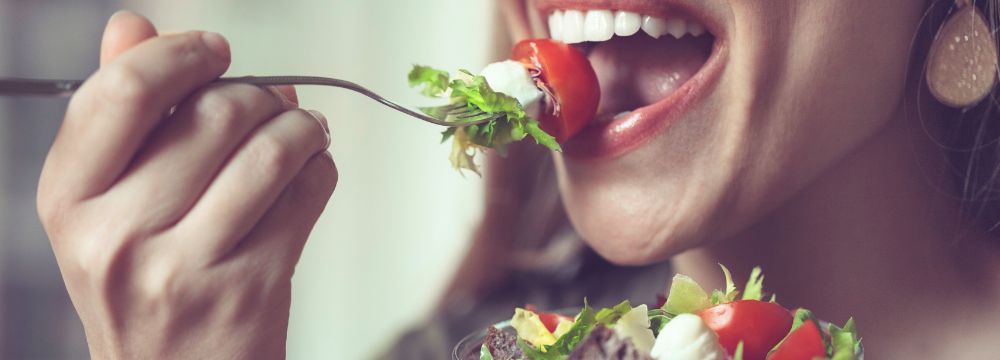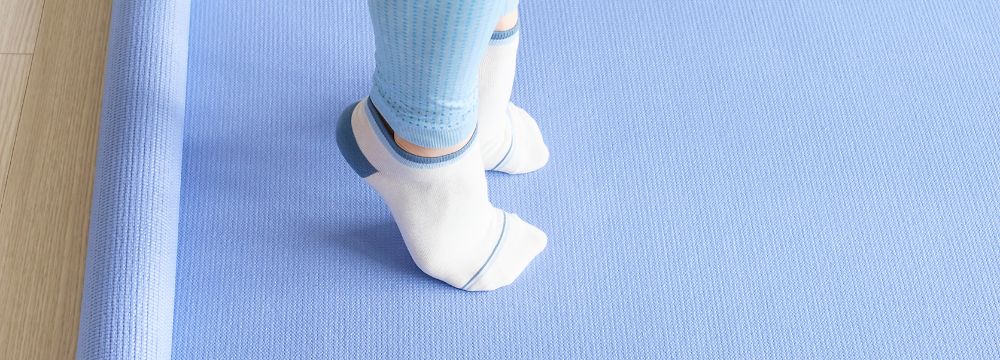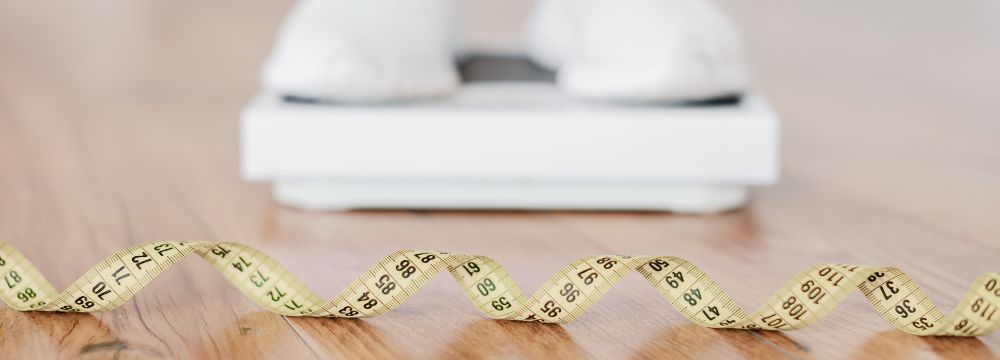
One of the most complex parts of the post-bariatric surgery lifestyle is controlling and tracking how many calories you consume. However, this is also one of the most critical parts of successful, long-term weight loss. When we talk about the calories in, calories out paradigm, you might think it’s relatively easy to track through one of the many useful calorie-counting apps. However, our patients often underestimate their calories while taking far more than they need. Let’s discuss this further and see why it happens.
Grazing and Snacking
Grazing and snacking becomes an issue after bariatric surgery, especially several months to a year after the procedure. This is when the initial excitement of losing weight has started to wear off, and patients may be liberalizing their diets and lifestyles. They may have already hit their goals or gotten close, and the weight loss has been relatively straightforward. We don’t realize, however, the cumulative effect of this grazing, and often, we do so mindlessly. Opening the fridge and grabbing a few olives may seem like no big deal but can easily add 100 calories to the day. Similarly, a couple of spoons of ice cream may feel like no big deal, but once again, add 100 or more calories. This all adds up to serious caloric intake.
Going to a Restaurant
While calorie counters are very good at estimating your consumption, they do not account for different cooking styles, which you may find at restaurants that do not post their calories or ingredients. For example, a homemade version of certain dishes may have a fraction of the calories, much less sodium, and less saturated fat. Remember, many restaurants are not concerned about their calorie counts when they don’t have to post them. For a good representation of the calories in familiar dishes you might find at a restaurant, we encourage you to visit the websites of fast-casual restaurant chains, where you might be shocked and maybe even horrified.
Dropping Caloric Requirements
Lastly, many patients don’t realize that their caloric requirements also drop as they lose weight. Many patients base their calorie needs on the nutritional labels, which use 2000 calories as a benchmark. However, as you lose weight and reach your goals, your caloric requirements may be significantly lower. Estimating precisely how many calories you need at any given weight level is challenging. However, there are calculators online that can help you do so.
If you are plateauing and can’t lose weight, speak to your dietitian or bariatric surgeon to understand if you are reducing your calories significantly enough.









